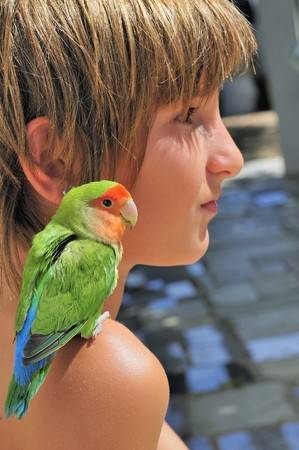Contionary:tá: Difference between revisions
Jump to navigation
Jump to search
Ceolsige18 (talk | contribs) No edit summary |
Ceolsige18 (talk | contribs) No edit summary |
||
| Line 25: | Line 25: | ||
# (used in certain fixed expressions) | # (used in certain fixed expressions) | ||
#: ''Is bitúa '''tan-'''éftene.'' | #: ''Is bitúa '''tan-'''éftene.'' | ||
#: '' | #: ''᛬ᛁᛞ‧ᛒᛁᛏᚢᛌᚭ'''‧ᛏᚭᛌ'''ᛖᚠᛏᛖᚾᛖ᛬'' | ||
#:: ''It is the middle of the night'' | #:: ''It is the middle of the night'' | ||
* (''+ genitive'') | * (''+ genitive'') | ||
Revision as of 19:11, 14 September 2018
Anrish
Alternative forms
Etymology
From Middle Anrish tan, from Old Anrish tán, tón, from Proto-Germanic *tō and *ana
Pronunciation
(Anrish) IPA: /ta/
Preposition
tá (runic:‧ᛏᚭ‧)

- (+ common)
- onto (allative)
- Surtuð íra lúa tá tafura.
- ᛬ᛞᚢᚱᚴᚢᚴ‧ᛁᚱᚭ‧ᛚᚢᚭ‧ᛏᚭ‧ᛏᚭᚠᚢᚱᚭ᛬
- Your cat jumped on the table.
- (+ dative)
- on, upon
- Is tenur tá gǫtene.
- ᛬ᛁᛞ‧ᛏᛖᚾᚢᚱ‧ᛏᚭ‧ᚷᛆᚭᛏᛖᚾᛖ᛬
- There is a crowd in the street.
- (of time) upon, in the event of (cf.+ subjunctive)
- Tan-inture.
- ᛬ᛏᚭᛌᛁᚾᛏᚢᚱᛖ᛬
- In case of a flood
- (used in certain fixed expressions)
- Is bitúa tan-éftene.
- ᛬ᛁᛞ‧ᛒᛁᛏᚢᛌᚭ‧ᛏᚭᛌᛖᚠᛏᛖᚾᛖ᛬
- It is the middle of the night
- (+ genitive)
- on, with (a resource)
- Fryøtið fóra tá lúetað
- ᛬ᚠᚱᛦᚢᛏᛁᚴ‧ᚠᚱᚮᚱᚭ‧ᛏᚭ‧ᛚᚢᛖᛏᚭᚴ᛬
- The car is running on electricity.
- (+ subjunctive)
- when, at the time of
- Pó mea tá híe ú æ mír.
- ᛬ᛄᚮ‧ᛘᛆᛁ‧ᛏᚭ‧ᚼᛁᛖ‧ᚢ‧ᛆ‧ᛘᛁᚱ᛬
- I am happy when you are with me.